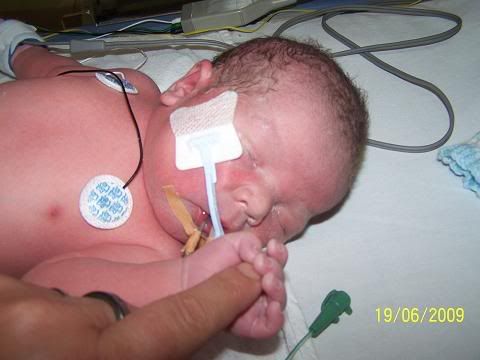An essential part of learning to communicate is learning to ‘do as others do’. Learning to imitate others is an important skill as it forms the basis of learning. Encouraging your child to copy words is an important step in learning language as children generally imitate words a number of times before they will begin using them on their own. However, before children learn to imitate words, they first need to learn to copy actions and then sounds.
In order to teach imitation of actions you will initially need to imitate behaviours demonstrated by your child. For example: If they bang a toy against the table, imitate their action, and pause. Wait to see if they have another turn. Copy the action again, and then introduce a new action to see if they will imitate. You can use hand over hand to help your child imitate your actions at first and begin doing it on their own. Nursery rhymes are a great way of teaching actions and lots of fun too!
Actions you can target include:
* Banging hands on table
* Copying actions in favourite nursery rhymes
* Sticking out your tongues
* Waving goodbye
* Banging on a drum
* Clapping hands
* Pushing a car
* Stirring with a spoon
* Rolling or kicking a ball
You can also focus on teaching your child to imitate sounds. You can encourage this by making sure you spend time modelling silly sounds during play. For example: you can model animal noises when playing with a farm set or car noises when playing with vehicles. Make it fun and use lots of repetition. You can also make up lots of silly sounds to go with different activities you and your child do throughout the day, such as splashing noises during bath time. The sillier you are the better as your child will pay more attention! The more you model these sounds the more likely your child is to begin imitating. Once your child is imitating sounds you can begin encouraging imitation of words.
Sounds you can target include:
* Indian noises with hand to mouth - ’wah-wah’
* Animal noises - ’moo,’ ’baa,’ ’sss’
* Driving cars - ’brrm’
* Putting fingers to lips - ’sh’
* Blowing raspberries
* Going down the slide - ’wee’
* Banging on chest - ’aaah’
* Turning on the tap - ’woosh’
* Dropping something - ’uh-oh’
* Hiding under blankets - ’boo’
Information in this handout compiled from: Manolson, Ayala (1992). It takes two to talk: a parent’s guide to helping children communicate. Toronto: The Hanen Centre.
Handed out by the Speech Therapy Department at Northam Regional Hospital.
skip to main |
skip to sidebar
Life beyond the NICU. Brendan 30+1 weeks & Tristan 34+3 weeks.
Disclaimer
This is a personal blog, by Sally. Please do not copy any photo's or content without obtaining permission first. Some content in my blog will be copied from elsewhere on the web, but I have gained permission to do so first.
Search This Blog
Blog Archive
-
▼
2011
(42)
-
▼
January
(15)
- Housepoet's Famous Lactation Boosting Oatmeal, Cho...
- Moving House
- Commenting vs. Questioning ~ Speech Therapy
- Imitation and Silly Sounds ~ Speech Therapy
- Four Years On.... It's Not getting Any Easier.
- Motivation Assessment Scale ~ Sensory Processing D...
- Special Friends ~ Special Needs Forum
- Weight Updates
- Charity Auction Calling on the Help of the Bloggin...
- Mountains.... Journey to a Better Parent.
- Starting 2011
- The 365 Day Project
- Tristan Update
- Update on Brendan
- Welcome Back!
-
▼
January
(15)
Labels
- Autism (2)
- Birthday (1)
- Breastfeeding (1)
- Brendan (9)
- ENT (1)
- MOVING (5)
- NICU (3)
- Other (4)
- Photos (3)
- Pregnancy (2)
- Premature Birth (5)
- Sensory Processing Disorder (6)
- Special Needs (14)
- Tristan (7)
- Update (8)
| Blog: |
| Parenting Premmies |
Topics: |
| Premmie, Preemie, NICU |



No comments:
Post a Comment
Thank you for taking the time to comment on my blog, I really appreciate it.